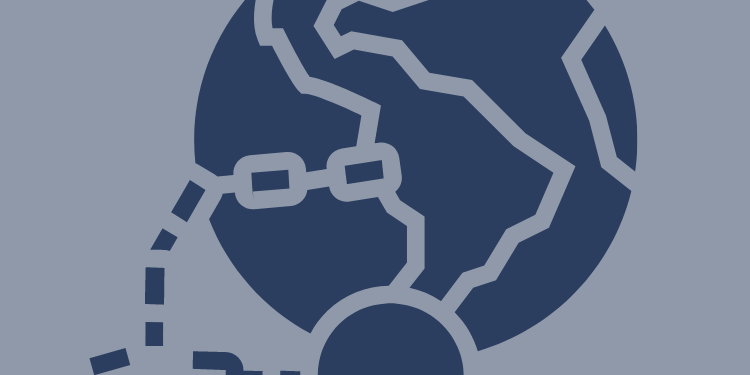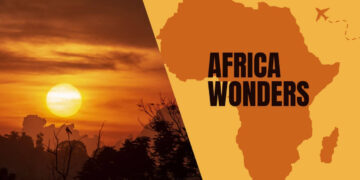The role of language in decolonizing education in Africa is multifaceted. Historically, many African countries were colonized by Europeans, which often meant that the languages of the colonizers were imposed on the colonized populations. This had a profound impact on the education systems of these countries, with European languages becoming the primary language of instruction in many cases.
Today, there is growing recognition of the importance of promoting indigenous languages and cultural practices in education as a way of decolonizing the education system. This can involve efforts to develop curricula that are grounded in indigenous languages and cultural practices, as well as efforts to support language revitalization and maintenance.
There are several key reasons why language is so important in decolonizing education in Africa.
First, language is a fundamental aspect of cultural identity, and by promoting indigenous languages in education, we can help to preserve and celebrate the cultural heritage of African communities.
Second, language is essential for effective communication, and students are more likely to succeed academically when they are taught in their mother language. Research shows that education in the mother tongue is a key factor for inclusion and quality learning, and it also improves learning outcomes and academic performance.
Third, by promoting multilingualism in education, we can help to break down barriers between different linguistic and cultural groups, promoting greater understanding and unity. As mentioned in our previous article on ‘African languages and Kiswahili: Is Kiswahili really a ‘killer’ language?’, multilingualism creates understanding and a united people.
Overall, the role of language in decolonizing education in Africa is to promote greater equity, inclusivity, and cultural diversity in education, while also empowering African communities to take ownership of their own educational systems. By promoting local languages and cultural practices, we can create a more equitable and inclusive education system that recognizes and celebrates the diversity of African cultures and communities.










